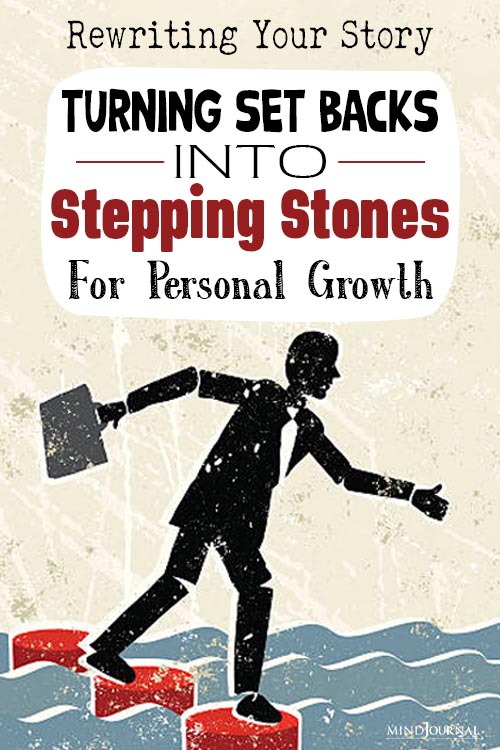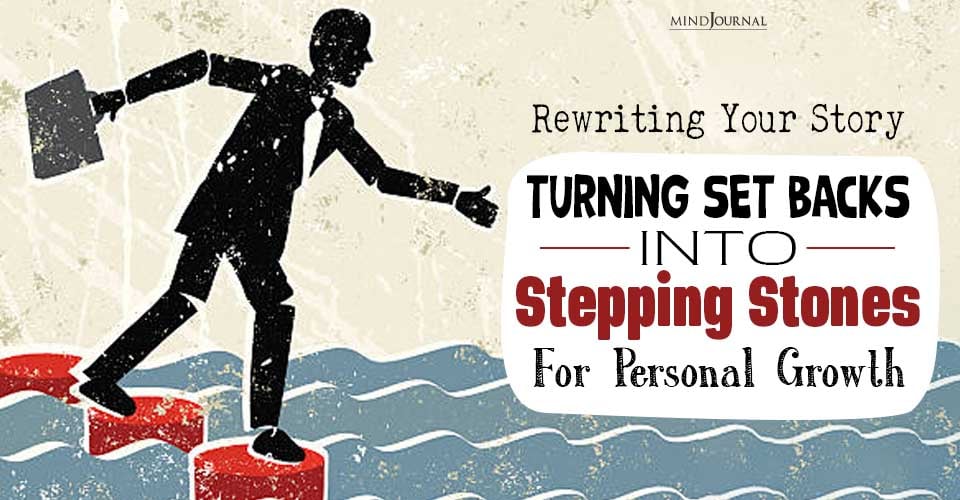Life is like a movie with no script
Sometimes things go off track.
A lost job.
A broken heart.
A dream that falls apart.
These tough spots may seem like bad chapters.
But what if they are the start of your best tale?
They show hidden strengths.
They have clues for your growth.
Resilience means bending without breaking.
Your story is not done yet.
You hold the pen.
You can change the plot.
1. The Power of Perspective: Your Pain Isn’t the Whole Story
When life knocks you down, it’s easy to define yourself by the struggle:
“I’m a failure.” “I’ll never recover.”
But what if you asked instead:
“What is this teaching me?”
Try this reframe:
- Flip the narrative: Instead of “Why did this happen to me?” ask, “What does this teach me?”
- Find the hidden gift: Lost a job? It might free you to pursue a passion. Ended a relationship? It could reveal what you truly deserve.
- Zoom out: Imagine looking back at this moment five years from now. What wisdom might you gain?
Mindfulness Insight:
Pain is inevitable, but suffering is optional. By shifting from victimhood to curiosity, you reclaim your power to grow.
2. Mine the Lessons, Release the Shame
Setbacks often come with a side of self-blame: “I should’ve known better.”
But growth begins when you separate the lesson from the guilt.
Actionable Steps:
Journal Prompts:
- “What did this experience teach me about my boundaries/needs/values?”
- “What would I tell a friend going through this?”
Celebrate ‘Failure’:
List three things you have learned.
- Maybe you gained strength.
- Maybe you found clarity.
- Maybe you learned empathy.
Be Gentle with Yourself:
Talk like you would to someone you love.
Say, “This hurts, but it does not define me.”
Read More Here: Mental Wellness: 10 Ways to Keep Your Mind Healthy in 2025
3. Build Resilience Like a Bamboo Tree
Bamboo bends in storms but rarely breaks.
Resilience isn’t about avoiding pain—it’s about learning to flex with it.
Strengthen Your Resilience Muscle:
- Small Wins Matter: Did you get out of bed today? That’s courage. Celebrate micro- victories.
- Create a ‘Growth Mantra’: Repeat phrases like, “I am stronger than I feel” or “This too will shape me for the better.”
- Connect with Your ‘Why’: What’s one goal or person that makes pushing forward worth it?
Real-Life Example:
After her divorce, Maya started a blog about rediscovering self-love. Her pain became a lifeline for thousands—and her own healing journey.
4. Rewrite Your Story with Intention
Your past doesn’t have to command your future.
Start drafting a new narrative:
How to Begin:
● Acknowledge the Old Story: “I was heartbroken.”
● Add the Twist: “…but it taught me to love myself first.”
● Claim the Growth: “Now, I choose relationships that honour my worth.”
Mindfulness Tip:
Visualize your future self—the version of you who’s already overcome this.
What advice would they give?
5. Share Your Scars, Not Just Your Strengths
Your setbacks aren’t just for you.
When you’re ready, sharing your story can turn your pain into purpose.
Ways to Start Sharing:
- Start Small: Post a vulnerable note on social media or confide in a friend.
- Join a Community: Find others who’ve faced similar challenges (online groups, support circles).
- Turn Pain Into Art: Write, paint, or create something that honours your journey.
Final Thought: You Are the Author
Setbacks aren’t signs that you’re off track—they’re invitations to grow deeper roots.
Every hero’s journey includes trials; yours is proof you’re evolving.
So, grab the pen.
Cross out the lies that say you’re not enough.
Write a new chapter where your scars become your superpower.
What’s one setback that’s shaped you into who you are today?
Share it with our community below. Your story might be the torch someone else needs in their darkest times.
Read More Here: How To Set Boundaries Like A Pro: 5 Tips And Tricks










Leave a Reply